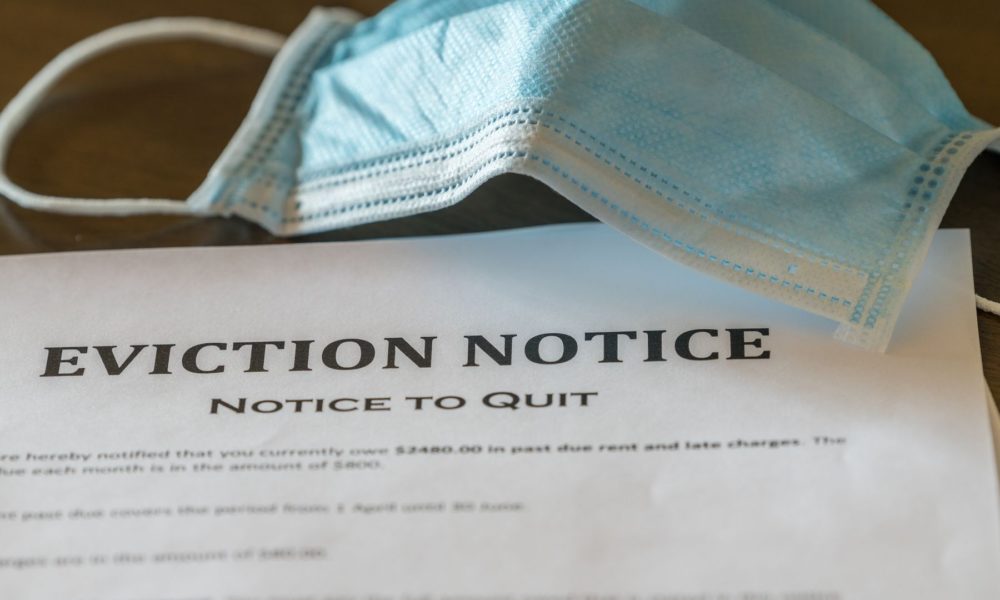Since the coronavirus outbreak Governor DeSantis has issued five extensions of Florida’s eviction moratorium. Most recently, renters were given another stay. This time, those who qualify can continue not paying rent until October 1, 2020. However, unlike some of the prior orders, DeSantis’ current stay does not apply to tenants whose lease expired or those who cannot pay their rent for reasons other than a COVID-19-related emergency. Even with the new limitations, the moratorium is creating a hardship for some property owners. What can landlords do now that Florida’s eviction moratorium has been extended?
Executive Order 20-180
Executive Order 20-180 has limited eviction protection to single-family mortgagors and residential tenants financially impacted by COVID-19. Before the issuance of this order, Landlords and property owners alleged that they were encountering non-payment by those who were working and otherwise able to honor their obligations. The narrowly tailored Executive Order aimed to restrict eviction and foreclosure protection to those who cannot pay because of the coronavirus pandemic. The governor’s most recent order extended these same limitations and requirements to October 1, 2020.
Make Certain the Moratorium Applies to Your Tenants
The current order requires those tenants “no longer adversely affected by the COVID-19 emergency,” to pay their rent and tolled rent payments. Adversely affected is defined as “loss of employment, diminished wages or business income, or other monetary loss realized during the Florida state of emergency directly impacting the ability of a residential tenant to make rent payments.” The addition of this language provides that if the renter can’t prove that he or she was not adversely affected by a COVID-19 emergency, a landlord could file an eviction action or proceed with a pending one, and ultimately obtain a writ of possession for non-payment of rent.
You May be Able to Start the Eviction Process
The governor’s order suspends and tolls “any statute providing for final action at the conclusion of an eviction proceeding under Florida law solely when the proceeding arises from non-payment of rent by a residential tenant adversely affected by the COVID-19 emergency.” The way that the order is written it could be interpreted to mean that, a landlord could proceed with filing an eviction action and proceed with the case until the last step or “final action.” In an eviction, this would be the writ of possession. Since this language has been added, thousands of eviction actions have been filed in Broward, Miami-Dade, and Palm Beach Counties.
Many housing advocates and property owners argue that part of the problem stems from the inefficiency of the government housing programs that are supposed to be assisting tenants. Although millions of dollars have been allocated through the CARES Act, rental assistance approvals are not being processed quickly. There is a significant backlog of applications, as well as pending eviction cases. Additionally, the CDC recently announced a federal eviction moratorium that is scheduled to last into 2021. At present, it’s unclear how the federal order will impact Florida’s moratorium
At Rabideau Klein, David E. Klein, Esq. and Guy Rabideau, Esq. are Florida Bar Board-Certified
Real Estate Attorneys with experience assisting clients with their residential real estate matters in the Town of Palm Beach and throughout Palm Beach County. We have the expertise and local knowledge you need to evaluate and protect your interest during your Palm Beach County real estate transaction. Contact Rabideau Klein today to discuss your legal real estate needs.

